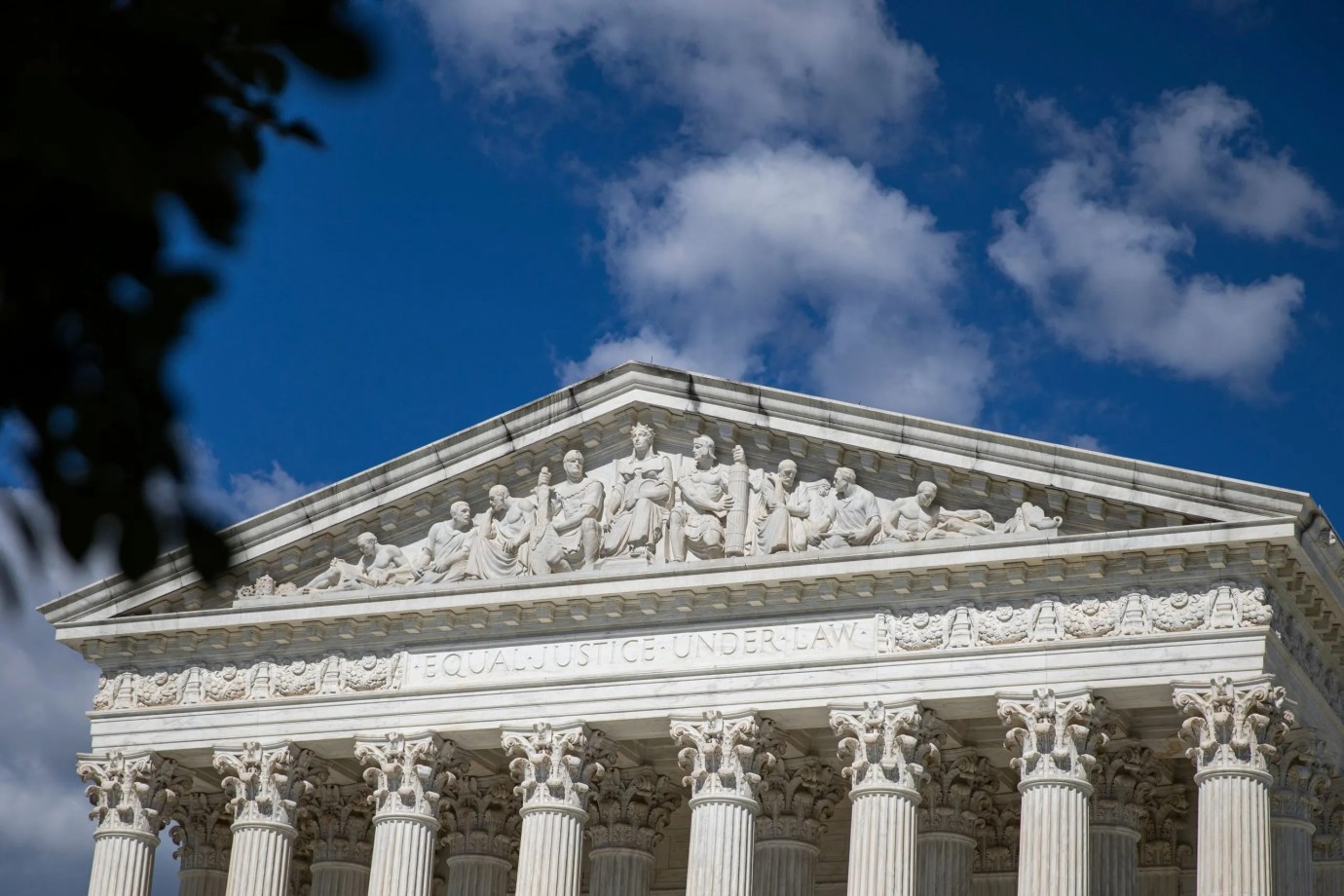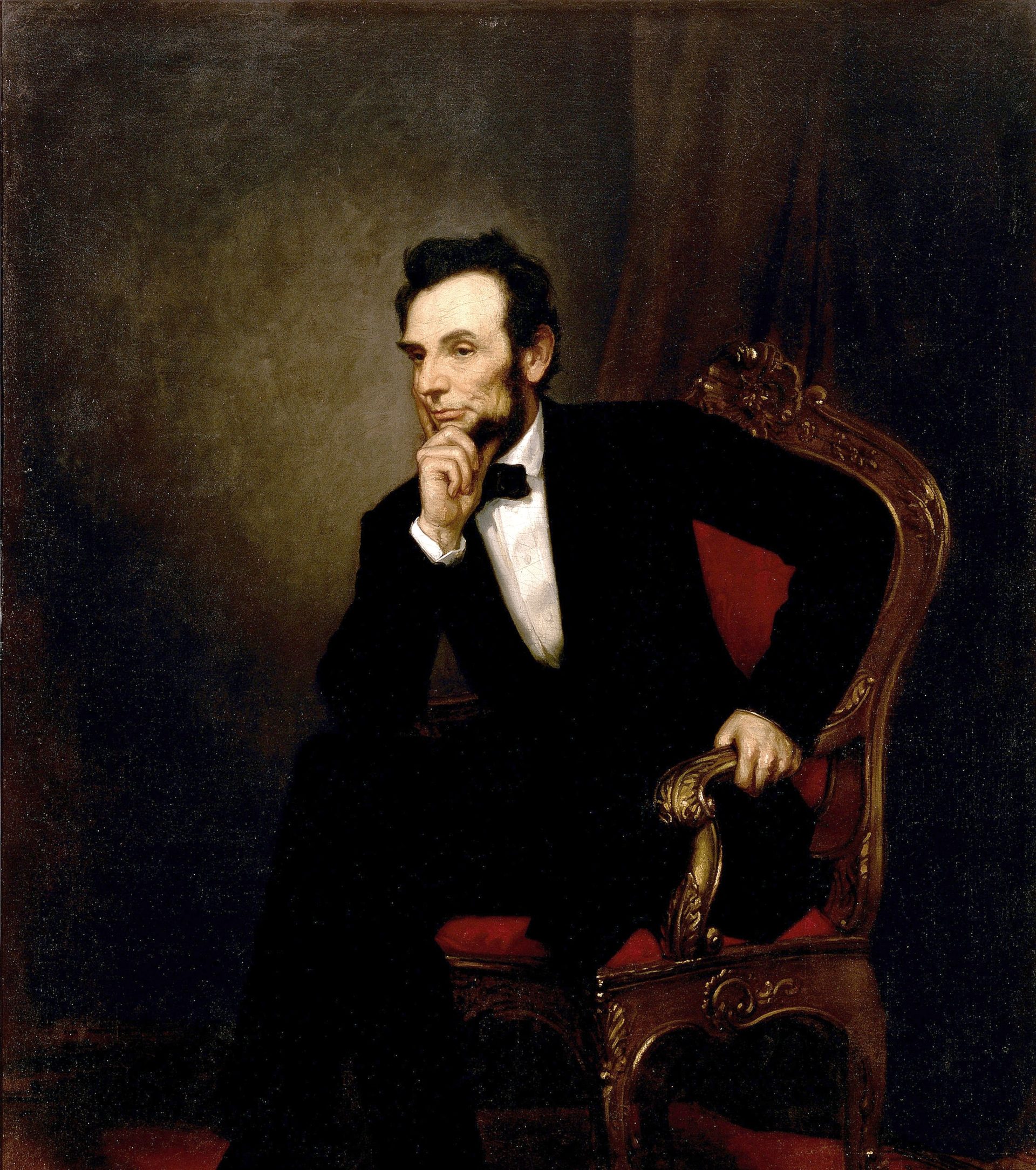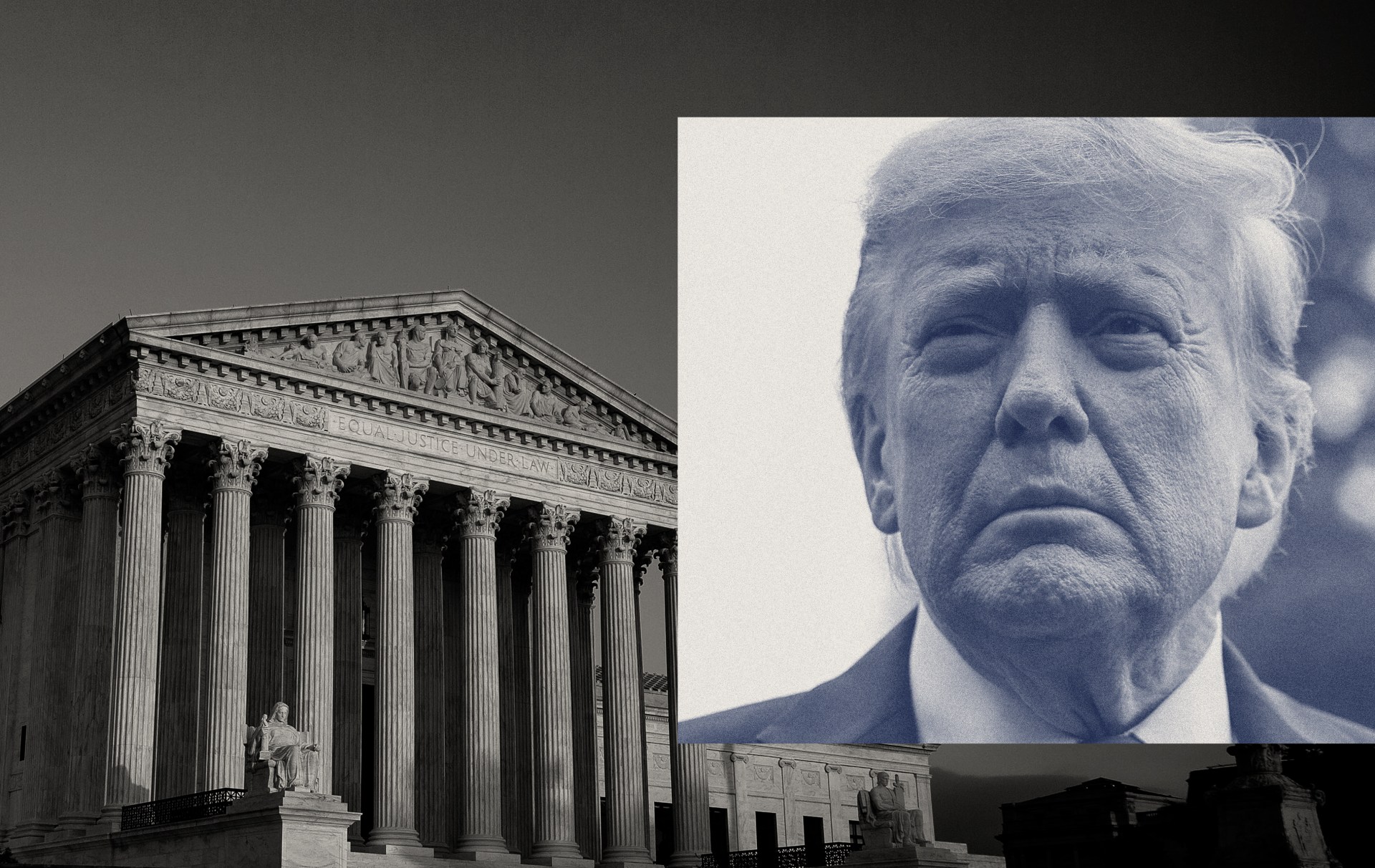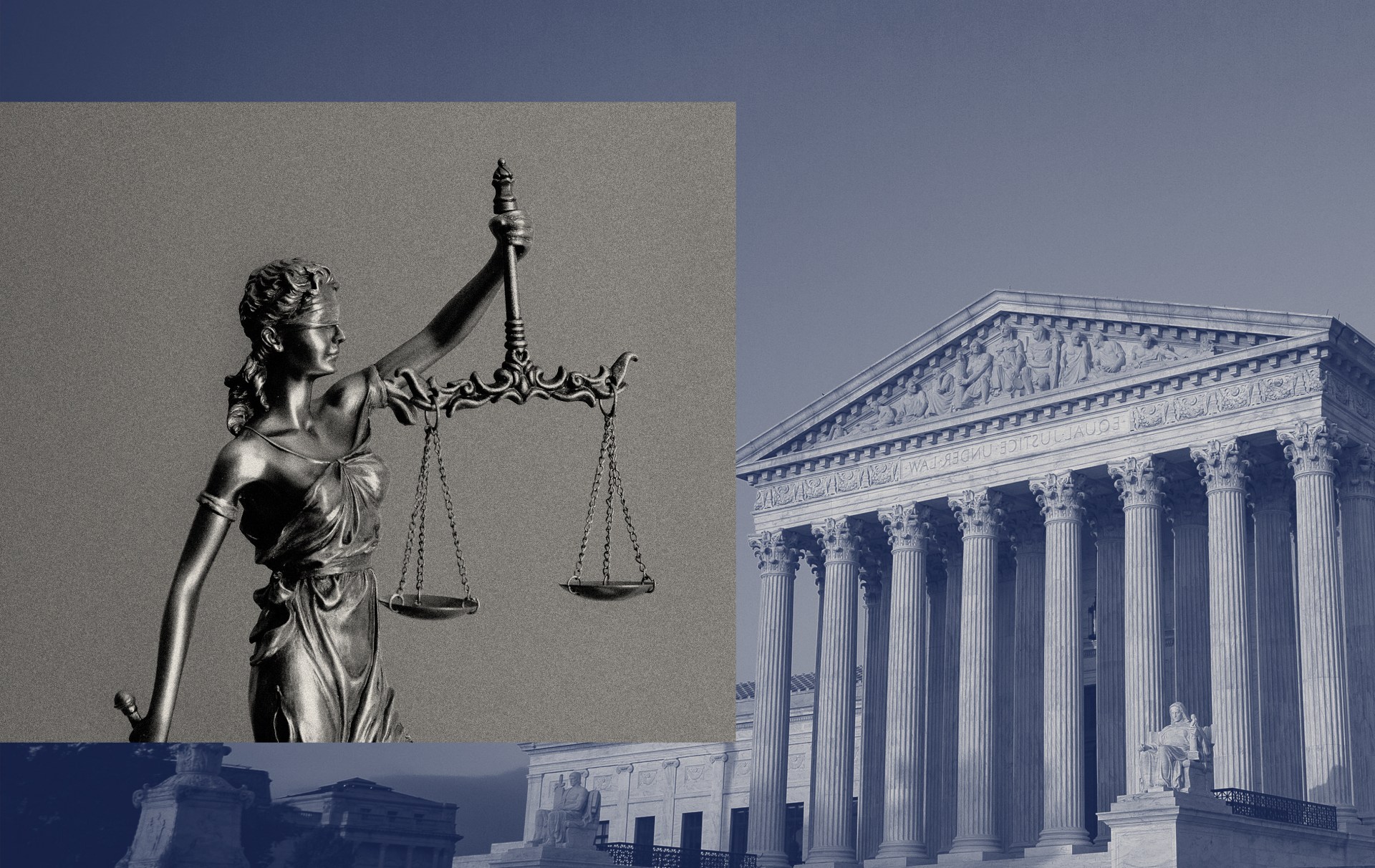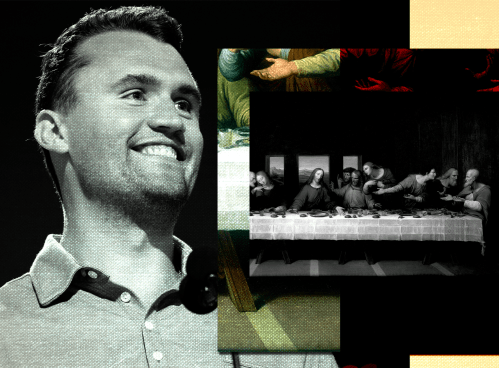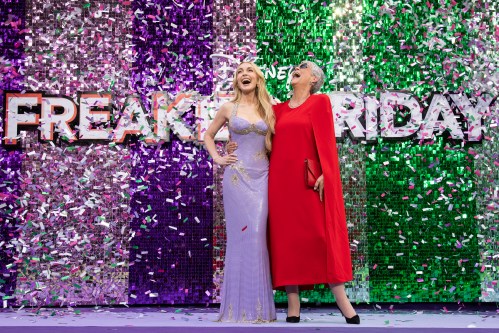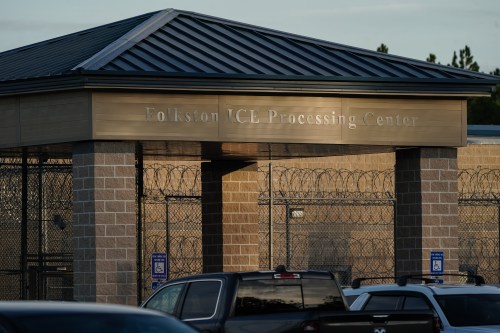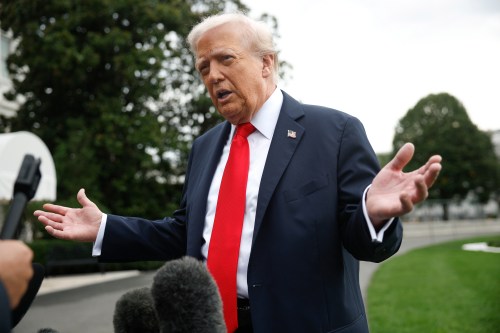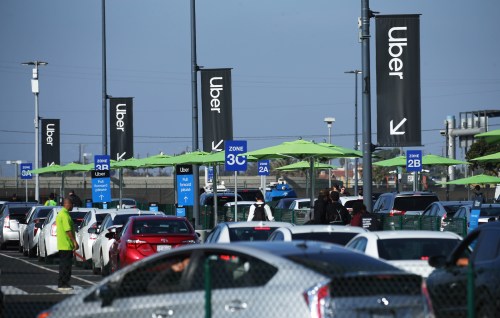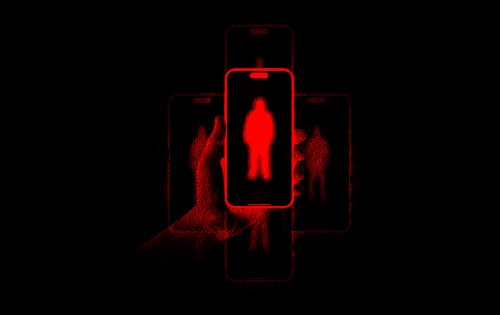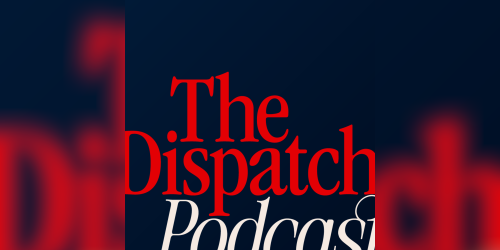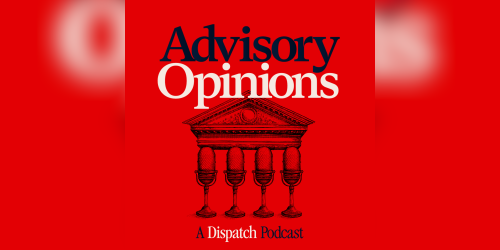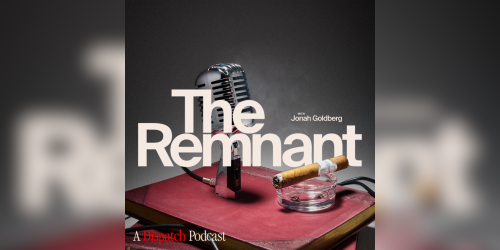Hello and happy Saturday. A wise friend and former colleague said something to me the day of Charlie Kirk’s assassination that has stuck with me: “The First Amendment didn’t deserve this.” She recognized that, beyond the personal tragedy, the attack on Kirk had broader implications for free speech. Her comment seems especially prescient given what has followed.
On Wednesday, ABC announced it was suspending Jimmy Kimmel Live! indefinitely in response to comments Kimmel made in response to Charlie Kirk’s death during his monologue on Monday. “We hit some new lows over the weekend with the MAGA gang desperately trying to characterize this kid who murdered Charlie Kirk as anything other than one of them, and doing everything they can to score political points from it,” he said.
The thing is, ABC was not responding to an outpouring of rage from viewers. The pressure came directly from Federal Communications Commission Chairman Brendan Carr. Carr appeared on conservative Benny Johnson’s podcast on Wednesday and called Kimmel’s comments “some of the sickest conduct possible” before saying, “This is a very, very serious issue right now for Disney. We can do this the easy way or the hard way. These companies can find ways to take action on Kimmel or there is going to be additional work for the FCC ahead.”
Hours later, ABC pulled the show. As it happens, Nexstar Media Group owns a number of local ABC affiliates, and it is pursuing a merger with another local TV operator, Tegna. Not only does the FCC issue the broadcast licenses the stations need to stay on the air, it also reviews mergers between companies that hold those licenses.
Carr’s heavy-handed threat drew criticism even from prominent conservatives. Sen. Ted Cruz, on his own podcast, said, “What he said there is dangerous as hell. … He says we can do this the easy way, or we could do this the hard way, yeah. And I got to say that’s right out of Goodfellas. That’s right out of a mafioso coming into a bar going, nice bar you have here, it’d be a shame if something happened to it.”
In Boiling Frogs (🔒), Nick highlighted the irony in the administration using the death of Kirk, a champion of free speech, to crack down on media companies:
[block]For half the country, and potentially more depending on what happens next, Charlie Kirk will now be remembered less as a martyr to free speech—which he was—than as someone whose death created a pretext for a fascist power grab aimed at restricting free speech. Jawboning Disney to put Kimmel on ice was the latest example of it, but certainly not the only one.
A White House that cared about honoring Kirk’s legacy of open debate and hoped to introduce him in death to less politically aware Americans would never have sullied his memory that way. [block]
Carr wasn’t the only Trump administration official to threaten free speech in the wake of Kirk’s assassination. Attorney General Pam Bondi, appearing on a podcast with Katie Miller (who is married to President Donald Trump’s deputy chief of staff, Stephen Miller), said, “There’s free speech and then there’s hate speech. And there is no place, especially now, especially after what happened to Charlie, in our society.” She also said that “We will absolutely target you, go after you, if you are targeting anyone with hate speech.”
Bondi, of course, is incorrect. There is no “hate speech exception” to the First Amendment, and she later walked back her comments.
Tucker Carlson called out Bondi. “You hope that a year from now the turmoil we’re seeing in the aftermath of [Charlie Kirk’s] murder won’’t be leveraged to bring hate speech laws into this country. If that does happen, there is never a more justified moment for civil disobedience.”
Whether the backlash the administration has encountered from even its own side will temper its enthusiasm to crack down on critics remains to be seen. The targeting of ABC fits a well-established pattern. CBS announced in July that it would end The Stephen Colbert Show after this season, and while the network called it a financial decision, the announcement came right as CBS’ parent company, Paramount, was working toward a merger with Skydance that required FCC approval. And it came just days after Colbert criticized Paramount for settling a lawsuit with the Trump administration over a 60 Minutes interview with Kamala Harris.
There was one bit of good news for free speech this week. On Monday, the president filed a $15 billion (yes, with a “b”) lawsuit against the New York Times for defamation. On Friday, U.S. District Judge Steven Merryday shot down the lawsuit and criticized the president harshly in his ruling. He noted that “the complaint consumes eighty-five pages,” despite making only two claims of defamation. He invited Trump to refile the lawsuit—as long as the complaint could be kept to 40 pages.
Kimmel’s show wasn’t the only planned broadcast that didn’t air Wednesday. There was also supposed to be a new episode of South Park. Creators Trey Parker and Matt Stone posted on social media that, “When you do everything at the last minute, sometimes you don’t get it done. … We didn’t get it done in time.” I believe them—they have a history of finishing episodes at the last minute. But Parker and Stone have been relentless critics of Trump, and in their first episode this season skewered both the president and Paramount (with whom they’d just inked a $1.5 billion contract). I feel like they are going to make good use of the extra week they have to work on the next episode. I’ll be tuning in.
Thanks for reading, and have a great weekend.
The Supreme Court Moves Fast. SCOTUStoday Helps You Keep Up.
SCOTUStoday is your daily briefing from the nation’s leading Supreme Court authority. Every weekday, SCOTUStoday brings SCOTUSblog’s renowned depth and insight directly to your inbox. Whether you’re a legal professional tracking every cert petition or a citizen seeking to understand how the Court shapes American life, SCOTUStoday is set to become an unmissable part of the court watcher’s morning routine.
A nation is a little bit like a marriage. Things are bound to get bumpy. There are bound to be fallings out. And yet the act of remembering together can also be an act of reconciliation. Remember who we hoped we would be? Remember what it was that made us love each other? These sentiments are at the heart of Lincoln’s constant insistence that we are not enemies, but friends. The fact that we have a country at all today is in part owing to the extraordinary refusal of Lincoln to take an eye for an eye. In his second inaugural, after a war that had brutalized so much, he refused to cast judgment on his enemies. Acknowledging the sin of slavery, and even his own part in it, he still regarded others with mercy. “Let us judge not, that we not be judged.”
Trump’s assertions of presidential power are broader than those of any president who has come before him. No president before has ever claimed that he can fire everyone in the executive branch of government. No president has claimed the ability to eliminate agencies created by federal statute. No president has claimed the authority to massively cut off federal spending appropriated by Congress. No president has attempted to invoke the Alien Enemies Act of 1798 except in declared wars. No president has invoked “emergency powers” in non-emergency situations, such as for imposing tariffs and ending collective bargaining for federal employees, to the same extent. … It is against this backdrop that the Supreme Court’s failure to check President Trump is so deeply disturbing. In a relatively short period of time, the conservative justices have empowered the president and undermined separation of powers.
The primary reason for the Trump administration’s remarkable success rate in seeking emergency relief from the Supreme Court is that it has been very selective, focusing on cases in which lower courts have exceeded their jurisdiction, prematurely enjoined the administration from taking lawful actions, or otherwise offered relief that was not called for under existing law. …The Trump administration has been particularly aggressive in its efforts to reorient federal policy and reorganize the federal government. But these intentions and ambitions, even if stated in official documents, are no excuse for lower courts to intervene before an injured party can allege that a specific government action was unlawful. That illegal or consequential action can be anticipated is not sufficient for a federal court to exercise jurisdiction. The fear of presidential overreach is no justification for courts to respond in kind.
The liability lawsuit filed last month by California couple Matthew and Maria Raine against OpenAI reveals something more disturbing than corporate negligence or rushed product development. According to a complaint filed by the Raines, ChatGPT systematically worked to isolate the Raines’ 16-year-old son Adam from his family during a seven-month period that ended with his suicide. The conversations detailed in the complaint expose an AI system that didn’t just fail to help a teenager in crisis—it actively undermined the human relationships that could have saved his life.


